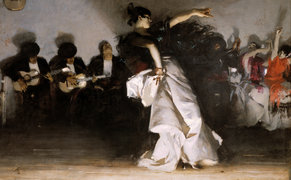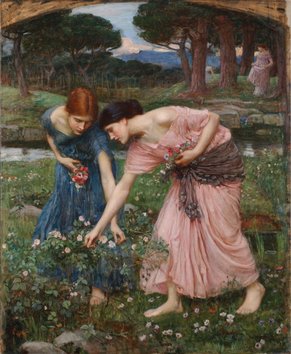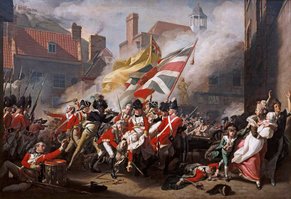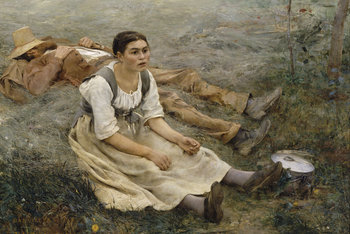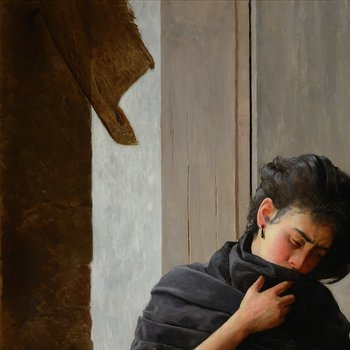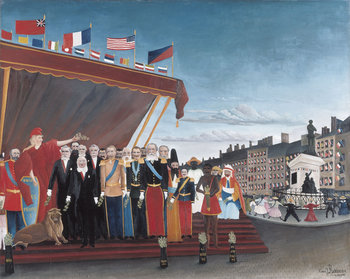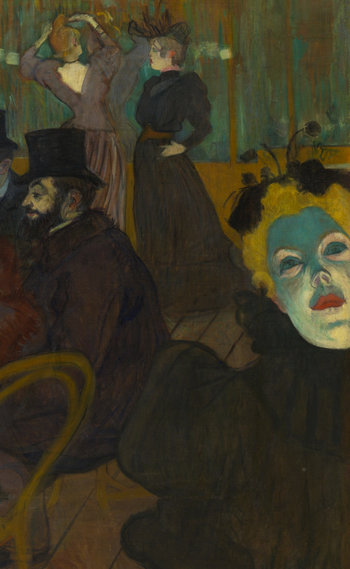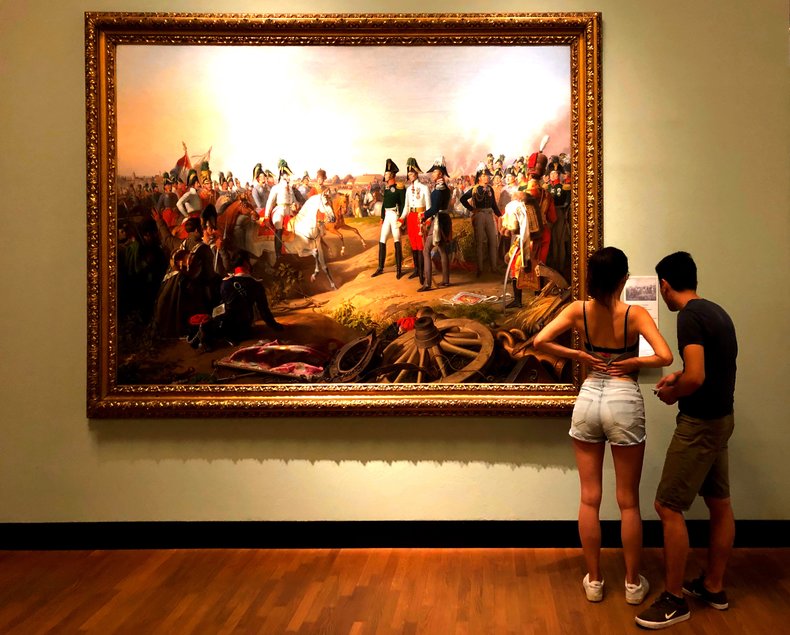
Historicism
Historicism is the view that history can't be understood without looking at the full context of the society, culture, place, time, worldview and individuals that surround events.New Historicism
New historicism is the view that history can only be understood through the works of those who experienced it at the time, place and culture where it occurred.Historical Criticism
Historical criticism is the process of using sources from the time and place that history occurred but applying critical thinking that may question the motives and viewpoint of each source.Reductionism
Reductionism is the belief that history can be understood with a process of analysis that looks for fundamental patterns. For example, the view that motivations such as power can be used to explain the behavior of people at any time in history.Historical Revisionism
The process of challenging the established view of history. This is a natural process as history can only be understood with open and lively debate. The most contentious type of revisionism is to present something as negative that was previously viewed as positive or vice versa.Hindsight Bias
Judging historical events and individuals by assuming that outcomes were more obvious than they were at the time. For example, assuming a military commander was inept for making a decision that turned out poorly when it may have been a perfectly reasonable decision given the information available.Allegiance Bias
Leave the past to history, especially as I propose to write that history myself.Allegiance bias is the shaping of historical analysis to fit your political, national, cultural and ideological allegiances. This includes the common situation where it is the victors of a conflict who have the power to document the conflict for history. For example, much of what we know about 19th century colonial conflicts come from the written works of people aligned to the imperial powers.
~ Winston Churchill, Speech in the House of Commons on January 23, 1948
Presentism
Presentism is the invalid application of present day values, assumptions and conditions to the past. This is extremely difficult to overcome even if you are trying to be objective.Pseudohistory
Pseudohistory is disinformation or invalid scholarship that is designed to look like history. This can be achieved by conflating remote possibilities based on evidence, treating obscure sources as equivalent to authoritative sources or by simply making things up.Critical Theory
Critical theory views all history in terms of power structures. For example, a community wouldn't join together out of freewill and common interest but would be forced together by oppressive power structures. Any opinion otherwise, including that of the people themselves is simply written off as naivety. This completely discounts human agency, talents, fellowship and altruism and is a convenient approach for criticising societies, cultures, systems and elites. Critical theory is heavily associated with marxist critiques of capitalism and western culture.Postmodernism
Postmodernists view historical analysis as inherently subjective such that history can't be understood in an objective and universal way. This has broad implications as it suggests that history based on evidence isn't any more valid than history based on ideology or opinions. Generally speaking, due to their disinterest in objective evidence postmodernists don't add to the understanding of history but rather reframe it to support ideological arguments. Postmodernism is typically aligned to critical theory.Historical Negationism
The most effective way to destroy people is to deny and obliterate their own understanding of their history.The unethical practice of denying events of history that are well supported by evidence. In some cases, this occurs by omission. This is typically done for the purposes of ideology and propaganda.
― George Orwell
| Overview: History | ||
Type | ||
Definition | Knowledge of past events, particular those related to humans. | |
Related Concepts | ||


